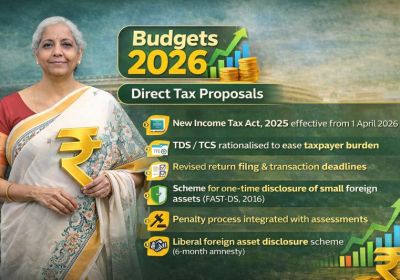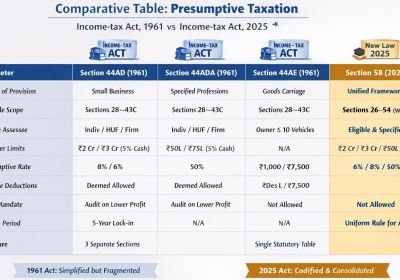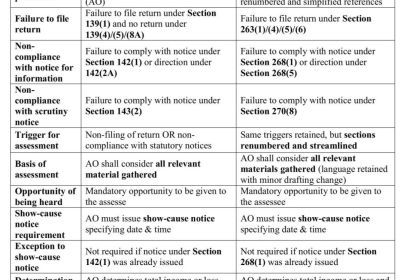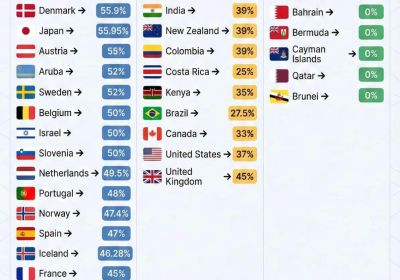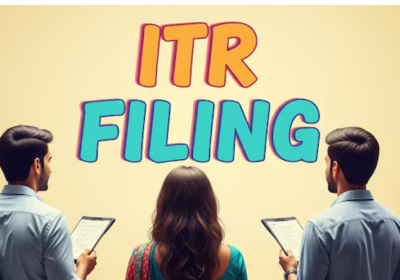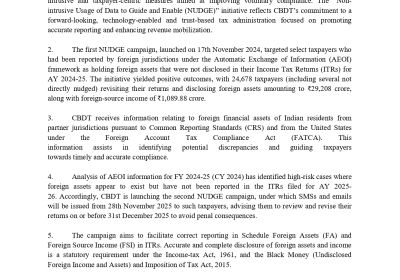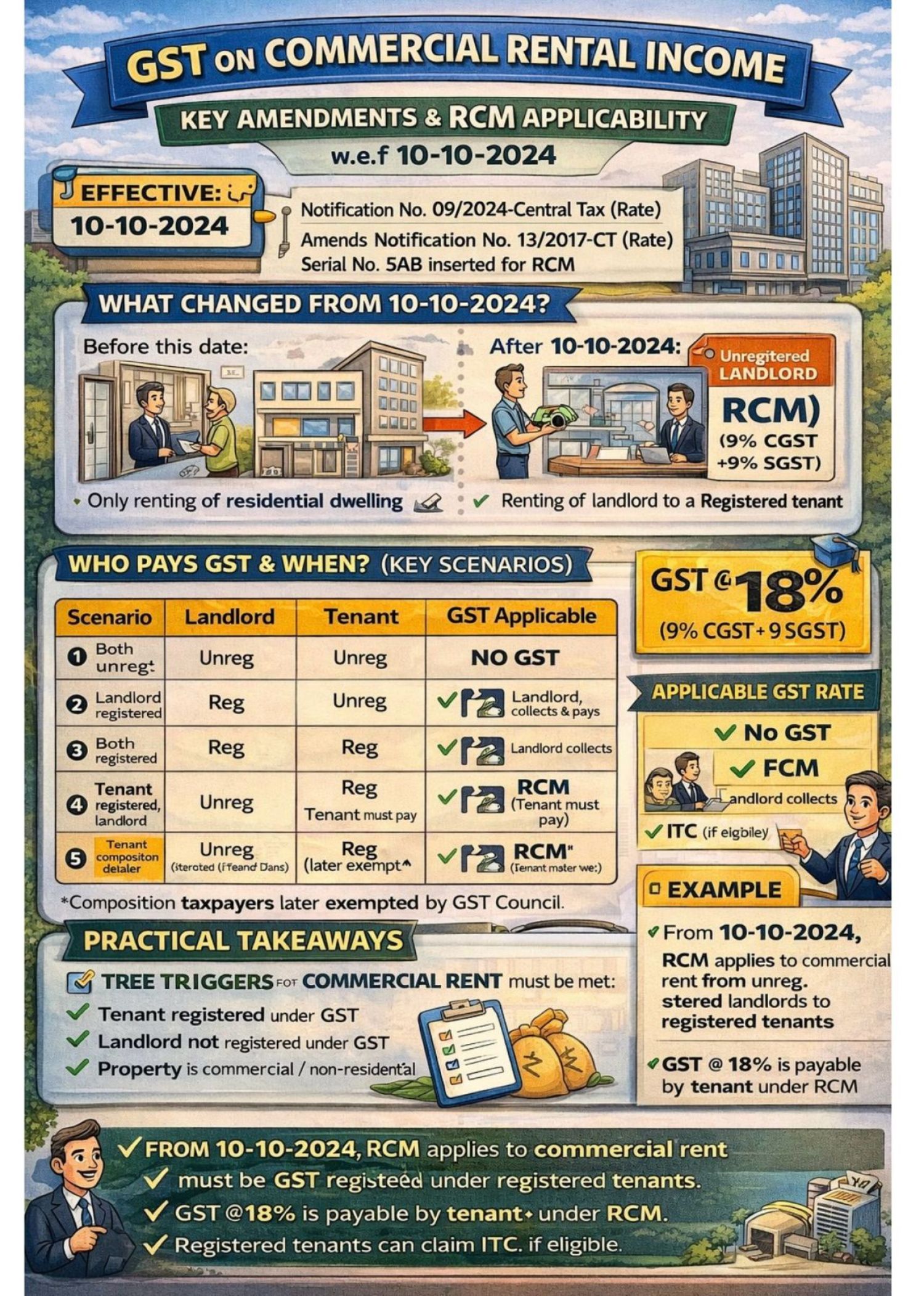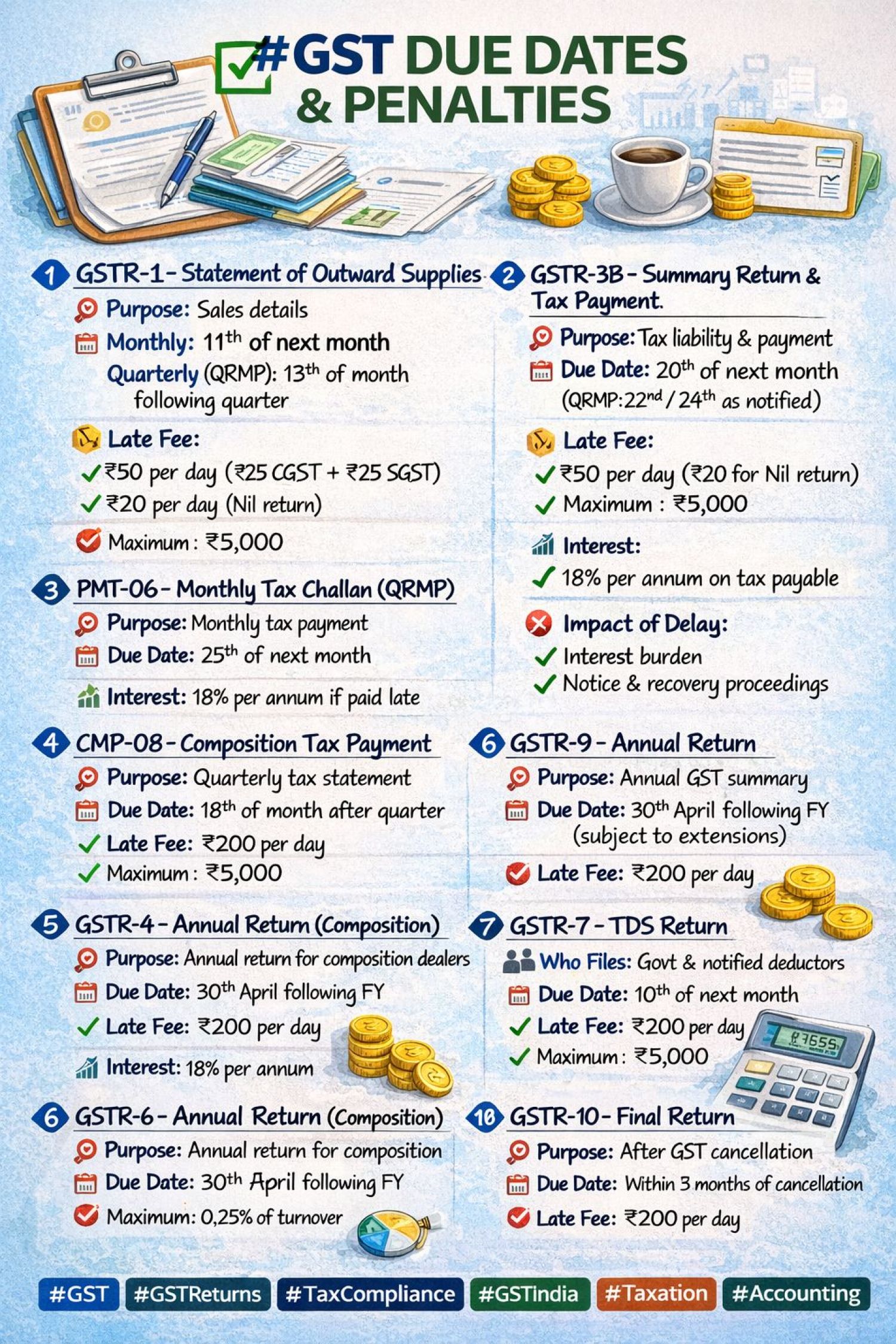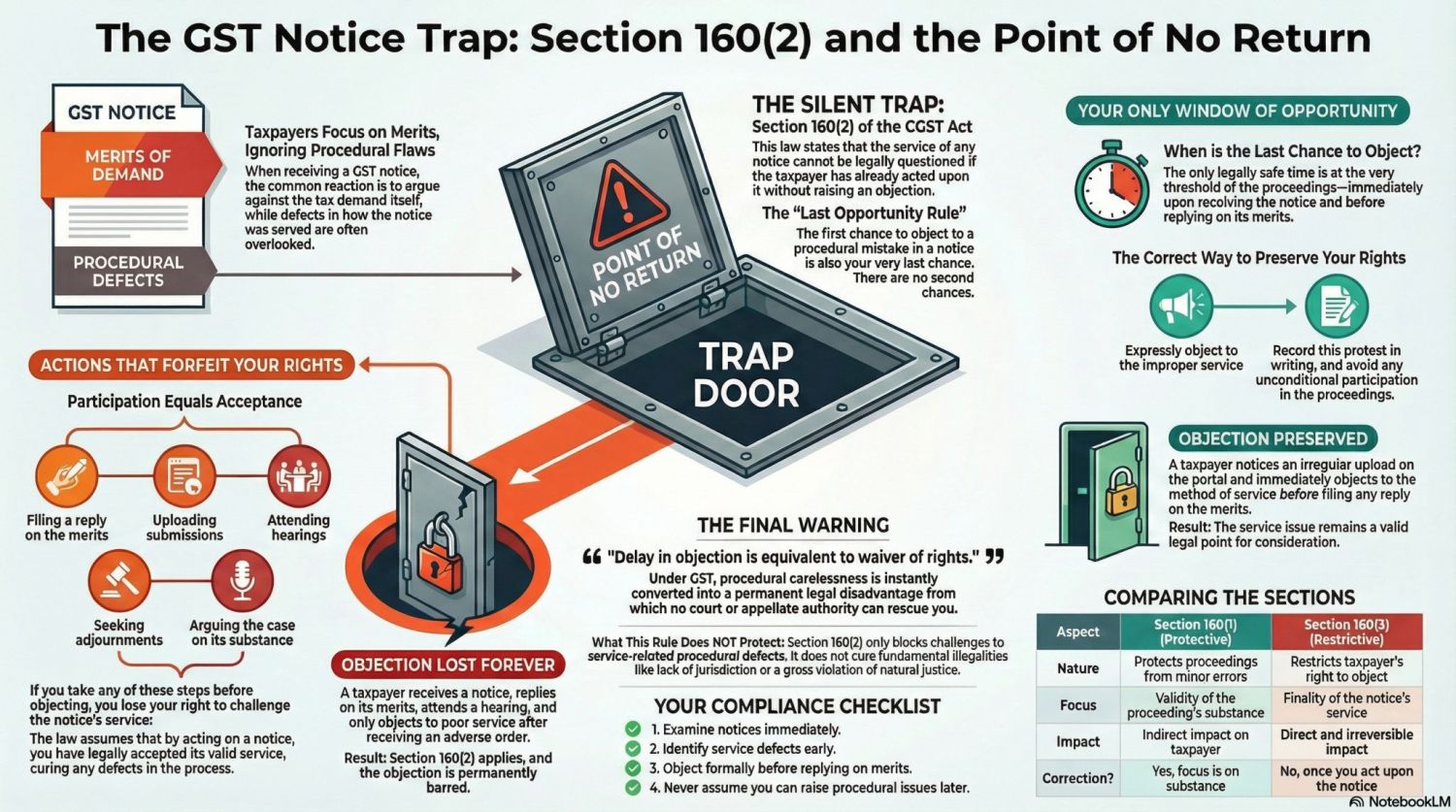Table of Contents
- Top Unconventional Tax Planning Ways Save Income Tax
- More Contribute To Nps
- Deductions For Children’s Tuition Fees
- Wedding Gift
- Route Your Investments Through Parents
- Money Spent On Donation / Charity
- Expenses For Internet & Telephone
- Through Financing Higher Education
- Through Buying A House:
- Pay For Parents’ Health Insurance & Health

Top Unconventional Tax Planning ways Save Income Tax
- Paying income tax at the conclusion of a financial year is a time-consuming process for most people. The majority of the strain is spent figuring out how to submit insurance, rent, and other expenses in such a way that the tax burden is as little as feasible.
- When you treat each part of your income with care, income tax planning does not have to be a difficult task. While some tax-saving strategies are well-known, if you are in a higher tax band, you can use more unusual strategies to maximise your savings. The following are the Top important 7:
More Contribute to NPS
- If you are an National Pension Scheme subscriber, you may be eligible for a tax benefit under Section 80CCD(1), with a maximum benefit of Rs. 1.5 lac under Section 80 CCE. You may not be aware that you are eligible for an additional deduction of Rs.50,000 under section 80CCD(1B) of the Income Tax Act. As a result, if you want to save money on taxes, raise your payment to the national pension system.
Deductions for children’s tuition fees
- If you're a parent, you can deduct the amount you spent on tuition at a school, university, college, or other educational institution. The maximum deduction on tuition fees that may be claimed in a financial year, when combined with deductions for insurance, provident fund, pension, and other investments, is Rs 1.5 lakh. There is a limit of two children who can benefit from this deduction.
Wedding Gift
- In India, a wedding is a significant important event. Guests shower the couple with gifts. Section 56 of the Internal Revenue Code exempts such donations from taxation (2). Gifts received on your wedding day are tax-free, whether they are in the form of a gift, cash, or a check. This means you can deduct the value of presents you get from friends and family.
Route your Investments through Parents
- Senior citizens are eligible for a variety of tax breaks. If your parents have a modest income, you can re-route your income from assets. So, instead of putting Rs.1 lakh in interest in your taxable income for the year, you can send the money to them tax-free. This money can be given to your parents tax-free. They may put it back into attractive senior citizen programmes. like Senior Citizens’ Savings Scheme, a Senior Citizen FD and more.
Money Spent on Donation / Charity
- Charity donations and philanthropic endeavours are eligible for tax deductions. Some donations are eligible for a 100 percent deduction, while others are only eligible for a 50 percent deduction, depending on the purpose. You should keep in mind, however, that only cash or check-based donations are eligible for tax deductions.
- Under Section 80G allows for tax deductions for donations given to specific relief funds and charity organisations. Any donation of food, medication, or other such things, on the other hand, is not eligible for a tax deduction.
- PS: Cash is allowed up to a maximum of 2000 INR.
Expenses for Internet & Telephone
- Telephone reimbursement supplied to employees is not taxable, according to Rule 3(7)(ix). You are entitled to a full refund of the billed amount if your office work requires the use of a mobile/telephone/internet connection.
Through financing higher education
Interest paid on a loan received for higher education is deductible from taxable income under section 80E. Deduction is available for up to 8 years or until the interest is paid, whichever comes first.
Through buying a house:
Interest paid on a home loan up to '2 lakhs' can be deducted from taxable house property income under section 24. In addition, first-time home buyers can deduct 50,000 from their taxable income for house loan interest under section 80EE if the following criteria are met:
• Housing loan should be approved in the financial Year 2016-17.
• loan amount should not exceed '35 lakhs'.
• Value of the residential house should be less than '50 lakhs'.
• There should be no other residential property registered in the name of the home buyer.
Pay for Parents’ Health Insurance & Health
- A taxpayer can claim a deduction of up to 25,000 INR under Section 80D. It can be used to pay for your and your family's health insurance premiums. You can claim an additional tax deduction u/s 80D if you pay the premium for your parents' medical insurance.
Furthermore, even if your parents are not covered by any insurance policy, you can still claim a deduction for medical expenses incurred throughout the year of up to Rs. 50,000.
There are numerous other unconventional ways to save money. If you want to save money on taxes, try our free tax planning optimiser and plan your taxes in under two minutes.

